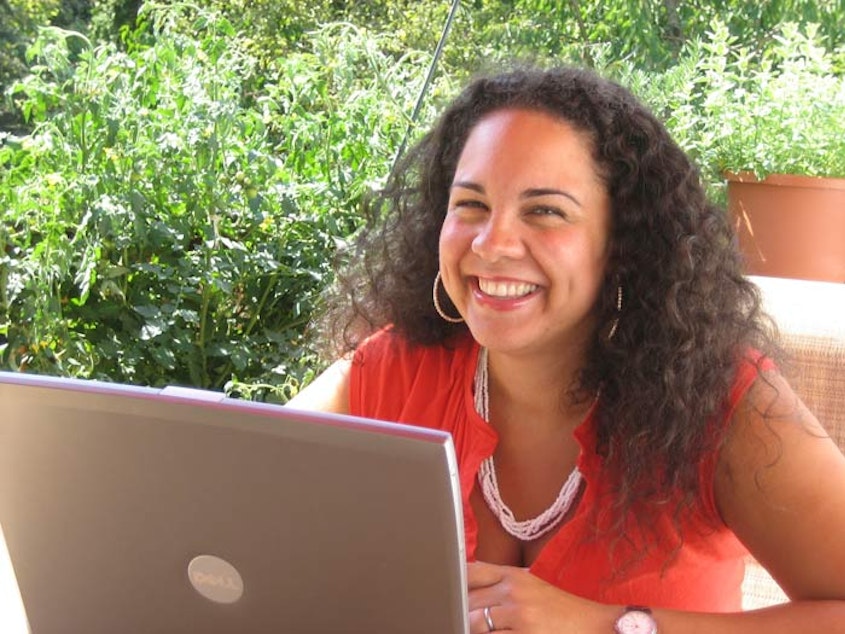Why white liberals need to figure out how to talk about race

Why is race so hard to discuss? Ralina Joseph, founding director of the University of Washington’s Center for Communication, Difference, and Equity, talked about coded racial language, from Seattle liberals to Trump. This is a transcript from her interview, lightly edited for clarity.
Sometimes that code from liberals might be in a particularly so-called colorblind manner, where if you are trying to describe someone, you will trip over yourself to name everything except race. Even though this might be the only African-American person in the room; to name race would be somehow be racist.
Part of the problem is seeing race as such a problem that it cannot even be identified or named. On the other hand, we have the Trump campaign rolling out slogans such as “Make America great again.”
Donald Trump doesn’t use racially coded language. He uses racially explicit or race-baiting language. For example, when he talks about Mexicans being rapists and murderers; that is quite explicit. Then on the other hand, he can follow that up with talking about ending immigration and sending back illegal aliens — which again, that itself is barely coded.
This combination of the two, having the explicit language and the coded language is really what helps to create this new dynamic form of Trump-era racism.
Sponsored
The danger of using racially coded language is that we don't name racism when it's operating. Because we're not able to name it, we're then not able to deal with it. We're not able to break it down; we're not able to attack it in the ways in which it needs to be attacked to create our solutions. We need to have some language identify precisely what it is.
I think for the most part, many of us do know when this is operating. People of color can see when race is being named in code.
I think white people need to open up to hear people of color's critiques. At this particular moment, people need to do more listening and asking, “How is what I'm saying racially coded?” And to step back and to hear that full answer and figure out how to change. And to understand when a person of color then identifies something as racially coded, you have to believe that our experience is true.
You can't then dismiss that as, “Well that's your opinion, or that's not what I meant.” We have to think about the true impact of those words and actions, even if they appear to be coded and benign to some people. If the impact on people of color is racism, then those words are racist and those actions are racist.
Jamala Henderson can be reached at jhenderson@kuow.org. Katherine Banwell can be reached at kbanwell@kuow.org.


